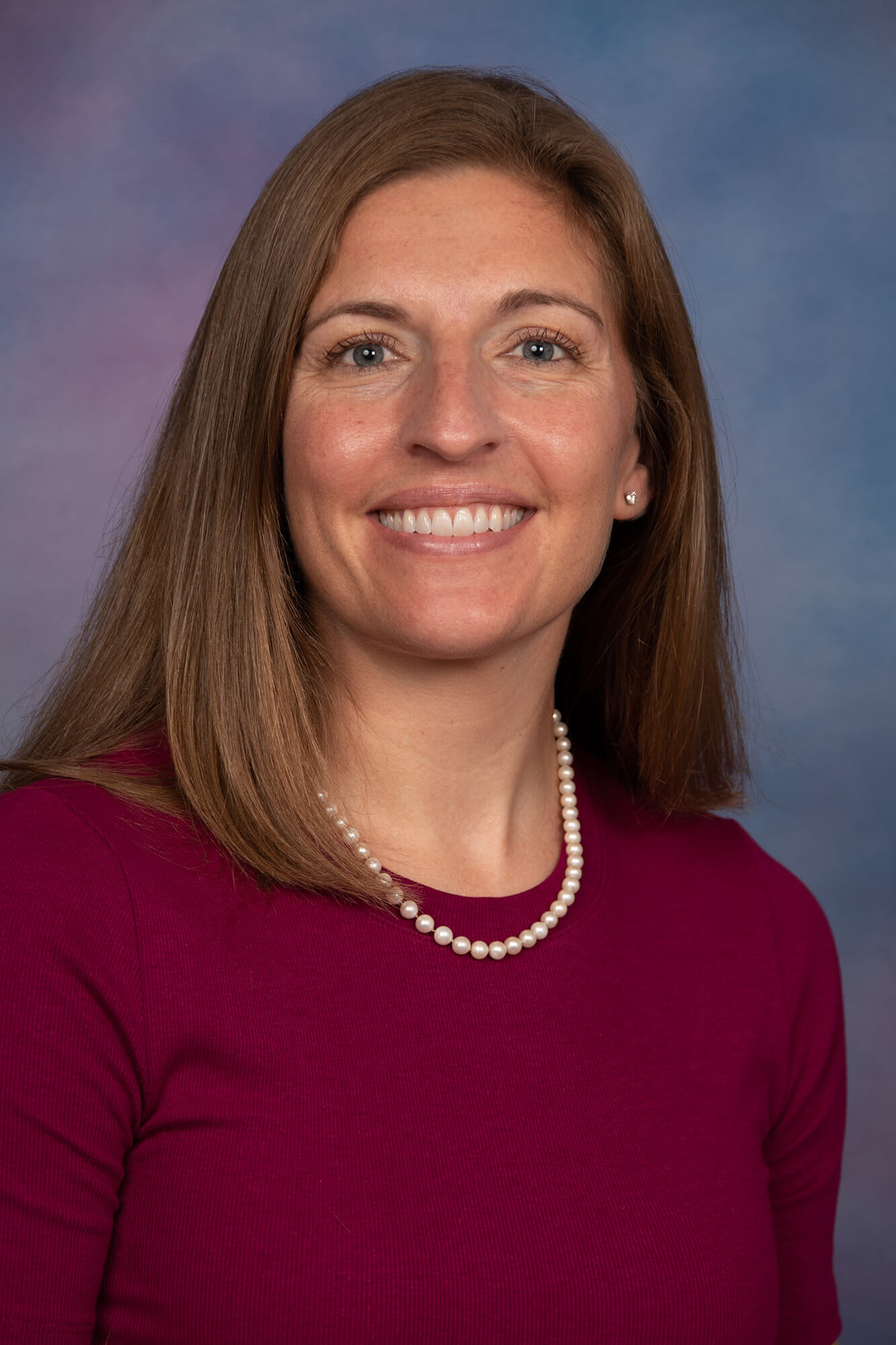Lauren Hamel, Ph.D., associate professor of Oncology for the Wayne State University School of Medicine, has been appointed a visiting innovation faculty member at the Penn Center for Cancer Care Innovation at the University of Pennsylvania, Abramson Cancer Center.
The role complements her position at the School of Medicine.
Founded at the Abramson Cancer Center at the University of Pennsylvania in 2018, the Penn Center for Cancer Care Innovation is the nation’s first center working at the nexus of research and practice to create, test and scale solutions to transform cancer care delivery.

Dr. Hamel, co-program leader of the Population Studies and Disparities Research Program at the Barbara Ann Karmanos Cancer Institute, brings a wealth of experience to this new opportunity. Her research focuses on clinical communication and organizational behavior to identify and mitigate disparities in cancer health.
David Dougherty, M.D., M.B.A., a close collaborator of Dr. Hamel, is a faculty member at the University of Pennsylvania and the Penn Center for Cancer Care Innovation. Given their joint goal of innovating in their shared research, he suggested the visiting faculty member position to Dr. Hamel as an opportunity to enhance that work and potentially build other collaborations.
“I’m very fortunate to be joining an incredibly accomplished group of investigators in a prestigious center of scholarship,” Dr. Hamel said. She hopes her role at the University of Pennsylvania will be an opportunity to elevate the research her team has conducted so far at Karmanos and WSU and allow them to expand their reach throughout the country.
“Our work serves at the nexus of research and care delivery, which aligns well with the mission and vision of PC3I. What we really need now are partners to help us do that effectively and help us expand our impact, which I anticipate this role will do in new and unique ways,” she said.
The opportunity at the University of Pennsylvania will allow her to address different health care disparities and improve patient-provider communication in a new environment that allows for the cross-pollination of ideas.
“It’s very easy to become focused on one’s immediate environment, and sometimes that can hinder research from improving, enhancing and innovating. PC3I is well known for advancing significant innovation in cancer care,” Dr. Hamel said. “Having a role focused on sharing my work and learning from others in that kind of environment is an incredible opportunity to scale up and innovate what we are currently doing and get new ideas for areas of expansion.”